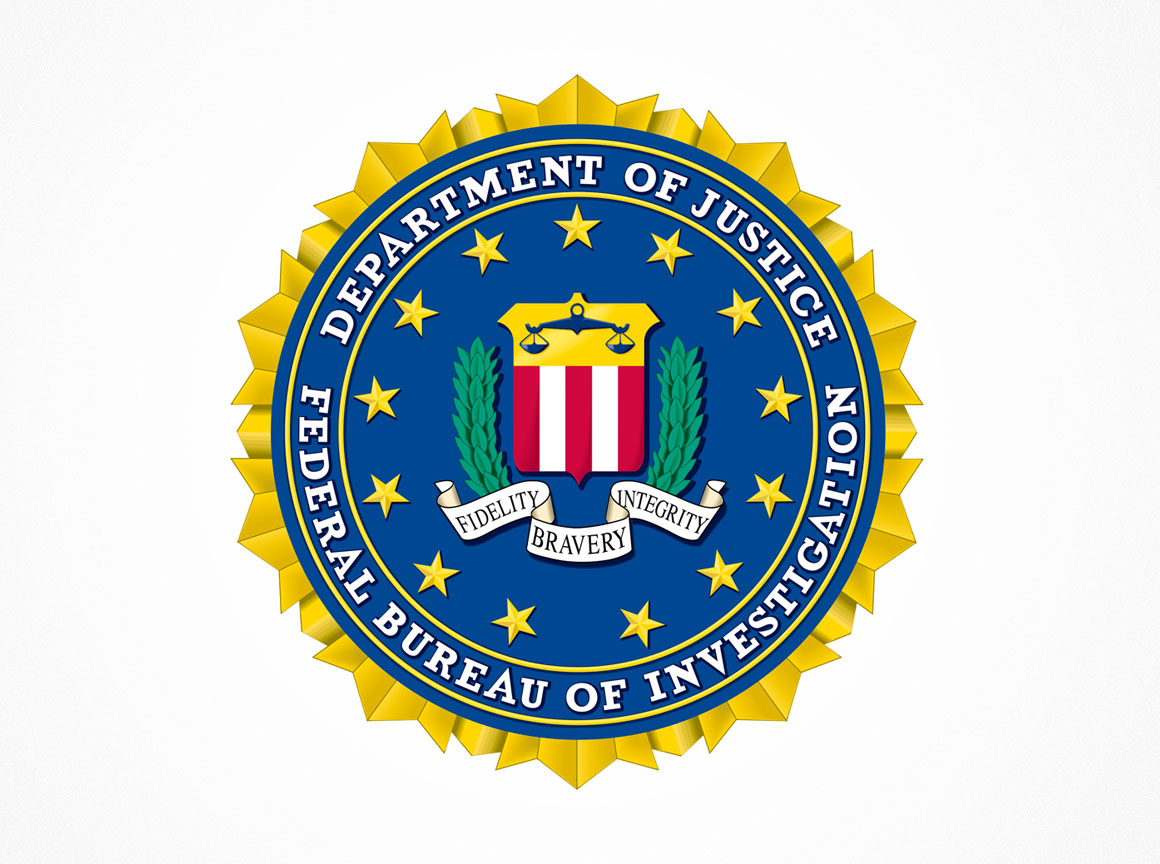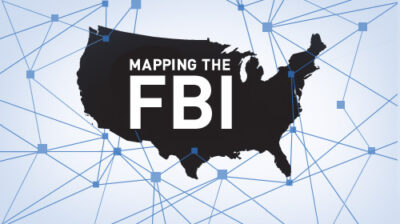
ACLU v. FBI - eGuardian FOIA Lawsuit
What's at Stake
Government documents obtained by the ACLU show that nationwide programs that collect so-called "Suspicious Activity Reports" provide inadequate privacy safeguards and guidance on the definition of "suspicious activity," leading to violations of Americans' First Amendment and privacy rights, and to racial and religious profiling.
Summary
In 2009, the Federal Bureau of Investigation (FBI) launched the eGuardian program, a nationwide system enabling the collection and sharing of Suspicious Activity Reports from the public and law enforcement and intelligence officials across the country. In August 2011, the ACLU filed a lawsuit to enforce a 2010 Freedom of Information Act (FOIA) request for eGuardian records to inform the public about what the FBI considers "suspicious activity" and what — if any — safeguards are in place to protect against unlawful privacy invasions or discriminatory surveillance.
In 2009, the Federal Bureau of Investigation (FBI) launched the eGuardian program, a nationwide system enabling the collection and sharing of Suspicious Activity Reports from the public and law enforcement and intelligence officials across the country. In August 2011, the ACLU filed a lawsuit to enforce a 2010 Freedom of Information Act (FOIA) request for eGuardian records to inform the public about what the FBI considers "suspicious activity" and what — if any — safeguards are in place to protect against unlawful privacy invasions or discriminatory surveillance.
Between January 2012 and August 2013, the FBI, DOJ, NSA, and Office of the Director of National Intelligence (ODNI) released in full or in part over 1,900 pages of records to the ACLU and described hundreds of additional eGuardian records that they sought to keep secret under exemptions to the FOIA. (Read more about the course of the litigation and the released documents, and about the documents the government continues to keep secret.)
Although many of the records secured through the lawsuit are heavily or even entirely redacted, the documents shed important light on eGuardian, a competing suspicious activity reporting program known as the Information Sharing Environment Suspicious Activity Reporting ("ISE-SAR") Shared Spaces, and the Department of Justice's umbrella Nationwide Suspicious Activity Reporting Initiative ("NSI"), of which both systems are a part.
The documents confirm that these programs give extremely broad discretion to law enforcement officials to collect information about innocent people engaged in commonplace activities, and to store data in criminal intelligence files without evidence of wrongdoing. They also demonstrate that several fusion centers and state and local law enforcement agencies have resisted using eGuardian because of concern over whether the system has an approved privacy policy, whether it is adequate in light of state and local laws protecting privacy, the general lack of guidance on the system, and the lengthy retention of data in eGuardian.
Finally, the documents show that nationwide suspicious activity reporting programs use vague and expansive definitions for "suspicious activity" that have caused persistent confusion among federal, state, and local law enforcement. This confusion underscores the ACLU's concern — shared by some local police departments — that suspicious activity reports will be based on racial or religious profiling or the exercise of First Amendment rights, rather than evidence of wrongdoing.
Legal Documents
-
09/23/2011
ACLU v. FBI -- Amended Complaint
Date Filed: 09/23/2011
-
08/25/2011
ACLU v. FBI -- Complaint
-
08/01/2013
ACLU v. FBI - August 1, 2013 Settlement Letter
Date Filed: 08/01/2013
-
03/01/2010
ACLU FOIA Request for eGuardian Records
Date Filed: 03/01/2010
Press Releases
ACLU Lawsuit Seeks Information from FBI on Nationwide System for Collecting “Suspicious Activity” Information
